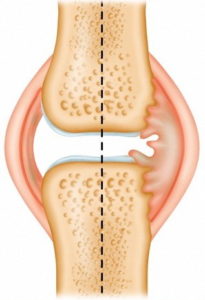According to a recent study published in Nature, nasal-tissue engineered chondrocytes showed promising preclinical results to treat knee arthroplasty in osteoarthritic conditions. According to the authors, the in vitro exposition to inflammatory cytokines (IL-6, IL-1𝛽, TNF) did not imply articular cartilage phenotype loss. Successful tests were currently conducted in animals (mice) showing integration with the underlying bone. Two patients were also successfully treated with the novel therapy with a resulting reduction in pain and increased joint function. The results are promising for further clinical trials with controlled groups and for the treatment of other joints [1].


This article was written by André Plath as part of an ongoing series of scientific communications written and curated by BioTrib’s Early Stage Researchers.
André is researching Boundary Lubrication of Fibrous Scaffolds at ETH Zürich, Switzerland.
[1] L. Acevedo Rua, M. Mumme, C. Manferdini, S. Darwiche, A. Khalil, M. Hilpert, D.A. Buchner, G. Lisignoli, P. Occhetta, B. von Rechenberg, M. Haug, D.J. Schaefer, M. Jakob, A. Caplan, I. Martin, A. Barbero, K. Pelttari, Engineered nasal cartilage for the repair of osteoarthritic knee cartilage defects, Sci. Transl. Med. 13 (2021) eaaz4499. https://doi.org/10.1126/scitranslmed.aaz4499.
